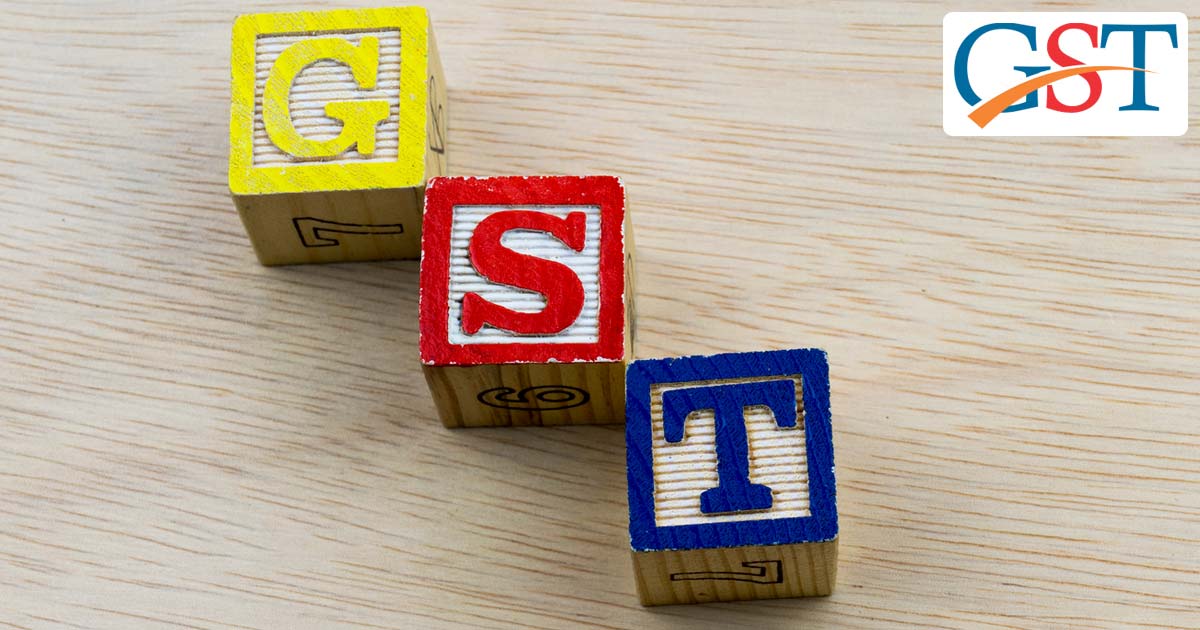The GST Council is thinking to revise the return filing procedure and simplify the rules further to make easy compliance and enhance government revenues. Sources suggest that 27 February meeting of central and state government officials will take a necessary decision in this regard and it will take up to 1 March time for final approval.
The GST Council will amend the rules to increase compliance for small businesses and traders, as suggested a panel headed by the M. Vinod Kumar, GST chief commissioner for Karnataka.
The requirement of furnishing tax for purchase and a return on the transaction can be put out. It is expected that only summary return will be furnished every month (GST return 3B), which will be matched with invoices of sales uploaded and that will work as a reference to provide a tax credit to buyers.
As per MSMEs, there are 36 million enterprises in India and 80 million people work in them and account for the third part of manufacturing output. Although, the business will get six to seven months to transit in a new filing system.
Another proposal in front of GST council is to separate out the due dates for SMEs, and large businesses. The large business may have to pay tax by the 7th or 8th of every month, as earlier.
An anonymous on GST council decision said, “This will enable the early realization of tax revenue and reduce the load on the IT system.”
The indirect tax body is also looking to ask large businesses to furnish taxes for sales in March end in order to account for the revenue in the 2017-18. The authority body will also take into account other technical changes in the process.
M.S. Mani, a partner at Deloitte India said, “It is now essential to focus on stabilizing GST by moving to simpler compliance processes and fewer ongoing changes.”
It is as well important for the council to declare a fixed date for the GST e-way bill implementation which is currently put on hold, at least regarding the inter-state and within states move, Mani said. The electronic bill for the movement of goods in GST will have a higher value of threshold limit than the stipulated value of Rs. 50,000.










